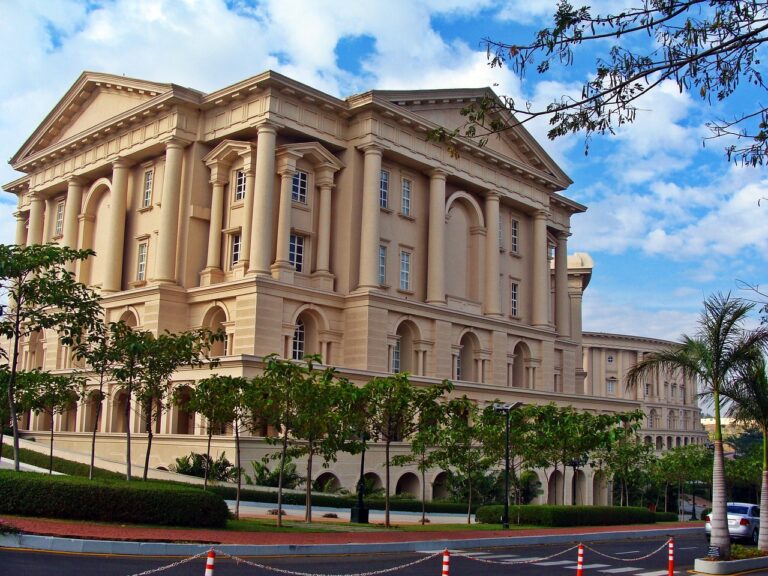Strategies for Increasing Voter Turnout in Diaspora Communities
play 99 exch, lotus bhai, playexch: Political Action Committees (PACs) have played a significant role in shaping American politics for decades. These organizations, which raise and spend money to influence elections and legislation, have evolved over time to become powerful players in the political landscape. In this article, we will take a historical perspective on the evolution of Political Action Committees in the United States.
Early Beginnings of PACs
The concept of Political Action Committees first emerged in the 1940s, with the creation of the Congress of Industrial Organizations (CIO) Political Action Committee in 1943. The CIO PAC aimed to support political candidates who were sympathetic to labor unions and workers’ rights. This was a landmark moment in the history of PACs, as it laid the foundation for the role that these organizations would play in American politics in the years to come.
Rise of Super PACs
In recent years, we have seen the rise of Super PACs, which have significantly impacted the political landscape. Super PACs are independent expenditure-only committees that can raise unlimited sums of money from corporations, unions, and individuals. These organizations have been able to spend vast amounts of money on political advertisements, often shaping the public discourse around elections and candidates.
Citizens United Decision
The watershed moment for the rise of Super PACs came in 2010 with the Supreme Court’s decision in Citizens United v. Federal Election Commission. The court ruled that corporations and unions could spend unlimited amounts of money on political activities, paving the way for the proliferation of Super PACs. This decision fundamentally changed the way money could be spent in politics, giving rise to a new era of PAC influence.
Regulatory Challenges
While PACs have become powerful players in American politics, they are not without their challenges. Critics argue that the influence of PAC money can lead to corruption and undermine the democratic process. Efforts have been made to regulate PAC spending, with varying degrees of success. Campaign finance laws aim to ensure transparency and accountability in political spending, but loopholes and lack of enforcement have allowed PACs to continue to wield significant influence.
Impact on Elections
PACs have had a significant impact on elections at all levels of government. By raising and spending money to support candidates, PACs can shape the outcome of elections and influence the policies that are put in place. Candidates who receive support from PACs often have greater resources to run effective campaigns, giving them a competitive edge over their opponents. This influence has led to concerns about the role of money in politics and its impact on the democratic process.
Future of PACs
As we look to the future, the role of PACs in American politics is likely to continue to evolve. With the advent of new technologies and changing campaign finance laws, PACs will need to adapt to remain relevant and effective. The rise of online fundraising and social media has already changed the way PACs operate, allowing them to reach a wider audience and engage with supporters in new ways. As the political landscape continues to evolve, PACs will undoubtedly play a crucial role in shaping the future of American politics.
In conclusion, Political Action Committees have come a long way since their inception in the 1940s. From their early beginnings supporting labor unions to their current influence in elections and legislation, PACs have become powerful players in American politics. As we look to the future, it is clear that PACs will continue to shape the political landscape, for better or for worse.
FAQs:
Q: What is the difference between a PAC and a Super PAC?
A: A PAC is a political committee that can donate money directly to candidates, while a Super PAC is an independent expenditure-only committee that can spend unlimited amounts of money on political activities, but cannot donate directly to candidates.
Q: Are PACs required to disclose their donors?
A: Yes, PACs are required to disclose their donors and report their expenditures to the Federal Election Commission.
Q: Can individuals donate unlimited amounts of money to PACs?
A: No, individuals are subject to contribution limits when donating to PACs, which vary depending on the type of PAC.







